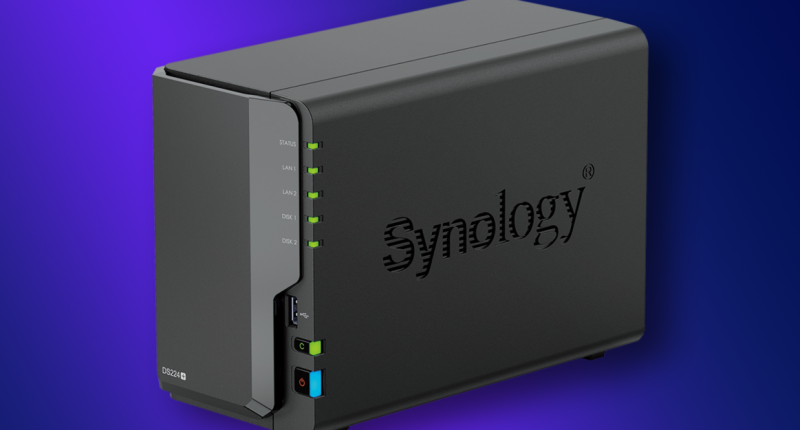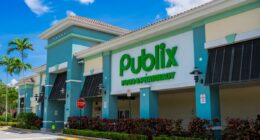Share this @internewscast.com
Synology is set to introduce new limitations on third-party hard drives in its upcoming NAS devices later this year, the company confirmed to Ars Technica. These upcoming restrictions could significantly complicate the use of non-Synology drives in its systems for common applications, such as backing up personal computers or serving as local media hosts. Fortunately, the company assures that current Synology NAS owners won’t be impacted by this change.
According to a Synology press release in the EU, beginning with Plus Series models launched in 2025, only drives carrying the Synology brand or those that the company has certified to meet its standards will have full access to features and support. As per Ars, Synology intends to refresh its compatibility lists to indicate which third-party drives have been certified.
These new rules imply that without drives approved by Synology, users might miss out on features like disk storage pooling or the drive lifespan analysis provided by the company’s software. The restrictions do not extend to Synology’s J- and Value-series products, and will not affect consumer-grade Plus devices released in 2024 or earlier. Additionally, drives moved from existing NAS systems to this year’s devices are also exempt from these limitations, as stated in Synology’s press release.
As for why it’s making this change, a Synology spokesperson told Ars, “Extensive internal testing has shown that drives that follow a rigorous validation process when paired with Synology systems are at less risk of drive failure and ongoing compatibility issues.” The company says similar things in its press release, writing that the restrictions will “reduce compatibility issues and increase system reliability and performance.” Synology did not immediately respond to The Verge’s request for comment.
Restrictions like this are irritating. To Synology’s credit, it’s introducing them in a way that’s less egregious than something like a printer company blocking third-party ink with a software update. But that doesn’t fix the fact that owners of its future NAS devices will have fewer choices — and therefore fewer chances to save money — when it comes to buying the drives to stick into them.








